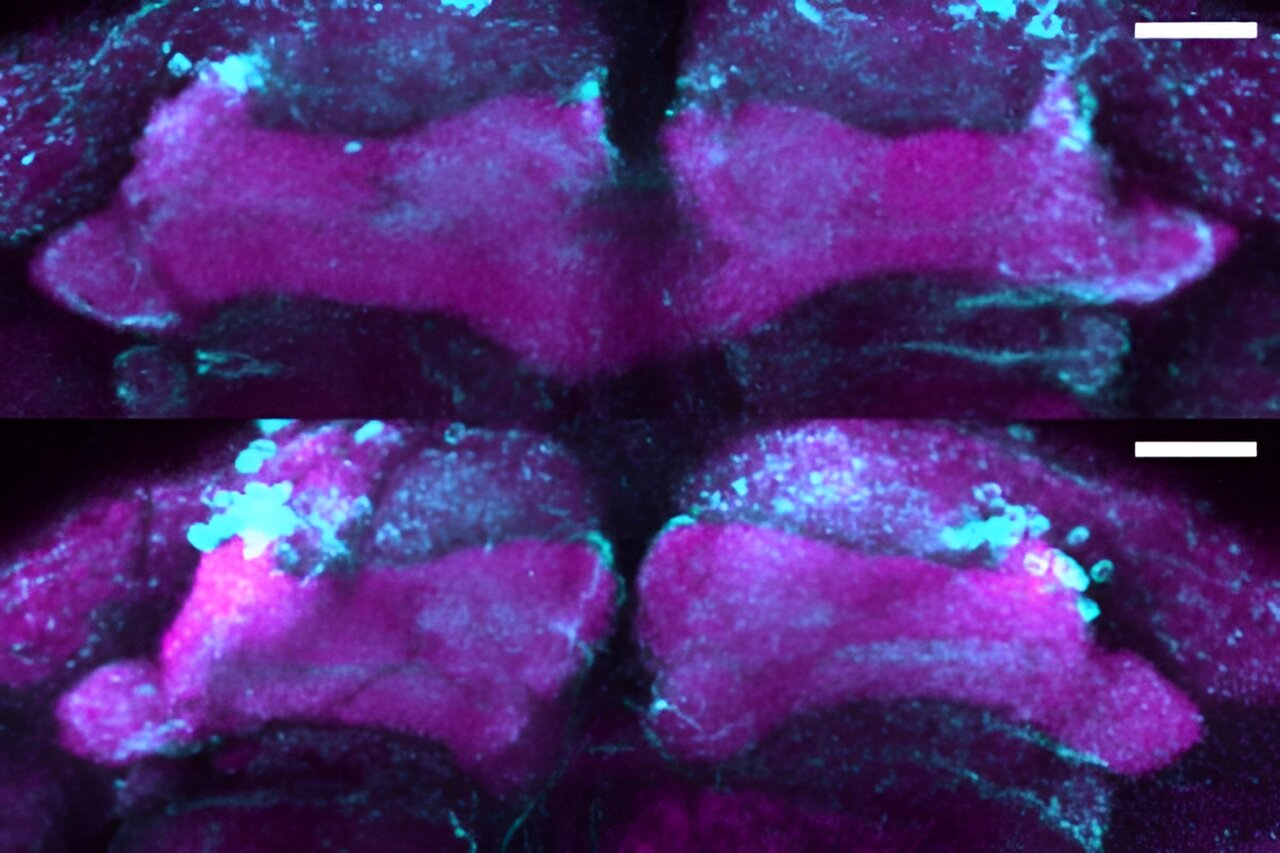Researchers at The Ohio State University Wexner Medical Center and College of Medicine led the creation of evidence-based consensus guidelines for genetic testing and counseling for patients with amyotrophic lateral sclerosis (ALS), a neurodegenerative disease that affects the cells in the brain and spine.
These evidence-based, consensus guidelines provide clinicians with a framework for the offer of genetic testing and outline the information that should be provided to persons with ALS before and after testing. In addition, the guidelines provide specific recommendations regarding test methods and reporting, thus providing guidance to both clinicians and testing laboratories in navigating the challenges of this technology,
The 35 guideline statements are published online in the journal Annals of Clinical and Translational Neurology and include the new recommendation that all persons with ALS be offered comprehensive genetic testing. This will facilitate access to genetic diagnosis and gene-targeted therapies, which are now being provided at the Ohio State University Wexner Medical Center ALS/Motor Neuron Disease Multidisciplinary Clinic and Translational Research Program.
ALS – also known as Lou Gehrig’s disease for the famous baseball who was forced to retire in 1939 because of the incurable neuromuscular disorder – affects more than 31,000 people in the United States, according to the Centers for Disease Control and Prevention.
Advances in ALS gene discovery, ongoing gene therapy trials, and patient demand have driven increased use of ALS genetic testing.
“Despite this progress, the offer of genetic testing to persons with ALS is not yet ‘standard of care’ and many people who desire access to genetic testing are not offered it. We developed ALS genetic counseling and testing guidelines to improve and standardize genetic counseling and testing practice among neurologists, genetic counselors or any provider caring for persons with ALS,” said corresponding author Jennifer Roggenbuck, MS, CGC a licensed genetic counselor and associate professor in the Division of Human Genetics in the department of Internal Medicine at Ohio State Wexner Medical Center.
Guideline recommendations were drafted and the strength of evidence for each recommendation was assessed to reach consensus among a group of content experts for each guideline statement. In summary, all persons with ALS should be offered single-step genetic testing, consisting of a C9orf72 assay, along with sequencing of SOD1, FUS, and TARDBP, at a minimum.
“Rapid progress in the discovery of ALS-associated genes, and a growing recognition of the genetic basis of clinically sporadic ALS, has opened the door to an era of gene-targeted therapies for persons with ALS. These evidence-based, consensus guidelines will support all stakeholders in the ALS community in navigating benefits and challenges of genetic testing,” said co-author Stephen Kolb, MD, PhD, professor of neurology and biological chemistry and pharmacology at The Ohio State University College of Medicine.
Genetic counselors in the United States are board certified by the American Board of Genetic Counseling and offer added value in the care of individuals with ALS. While there has been improvement in access to multidisciplinary care clinics worldwide, the majority of people with ALS do not have access to such clinics.
These practice guidelines can be adopted by neurologists in private practice, in academic settings and by other providers such as nurse practitioners and general practitioners when neurologists are not available. These guidelines will also serve these providers when genetic counselors are not available.
“These guidelines reflect current genomic technology, which will evolve along with our scientific understanding of the genetics of ALS. It is expected that genetic associations with ALS and related disorders will continue expand, and with it, the complexity of results that must be communicated,” Roggenbuck said. “We view these guidelines as a first step toward a uniform and equitable approach to ALS genetic testing that will require revision periodically as new genetic discoveries and new genetic therapies move forward for people living with ALS.
This study was funded by the ALS Association.

